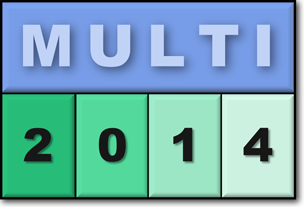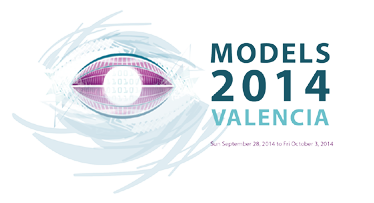In recent years there has been growing interest in the use of multi-level modelling approaches to more effectively engineer languages and represent the multiple classification levels frequently found in the real world. Multi-Level modelling approaches have been successfully used in a variety of industrial projects and standards definition initiatives and are now supported by an array of dedicated tools. However, there is still no clear consensus on what multilevel modelling actually is and what kinds of constructs and concepts provide the best support for it. For example, there are diverging views on whether it is sound to combine instance facets and type facets into so-called clabjects, whether strict meta-modelling is too restrictive, and what principles should be used in establishing meta-level boundaries, etc. This lack of a foundational consensus is mirrored by the lack of a common focus in the currently available multi-level tools. Until these differences are resolved and the principles and practices of the approach are placed on a solid foundation, multi-level modelling will remain a niche technology and its user base will remain relatively small.
The goal of this workshop is therefore to bring together researchers and practitioners with an interest in multi-level modelling to foster a fruitful cross-pollination of ideas and lay the foundation for a unified discipline. In particular, the workshop will aim to identify a set of criteria for judging the strengths and weaknesses of different multi-level modelling approaches and for defining possible benchmark case studies. We encourage submissions on new concepts, implementation approaches and formalisms as well as submissions on controversial positions, requirements for evaluation criteria or case-study scenarios. Contributions in the area of tool building, multi-level modelling applications, and educational material are also welcome.
Topics
Suggested topics include, but are not limited to:
- the exact nature of elements in a multi-level hierarchy and how best to represent them
- the importance and role of potency and its variants such as durability and mutability
- the role of power types and the best way to represent them
- the structure and labelling of a multi-level modelling framework
- methods and technique for discovering multi-level elements, specialisations and classification relationships
- formal approaches to multi-level modelling
- experiences and challenges in providing tool support for multi-level modelling
- experiences and challenges in applying multi-level modelling techniques to large and/or real world problems
- model management languages (transformation, code generation etc.) in a multi-level setting
- criteria for comparing multi-level modelling approaches
- comparisons of multi-level and two-level solutions for modelling problems

